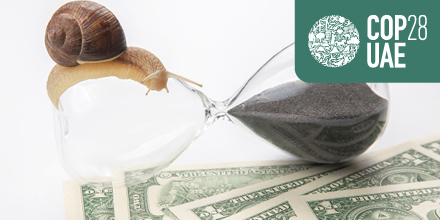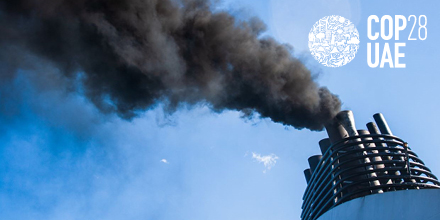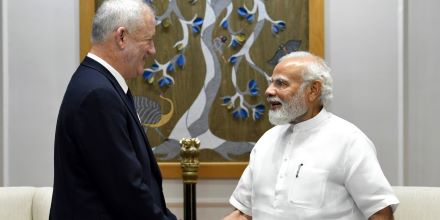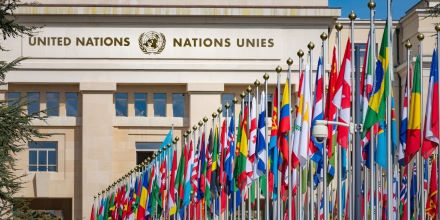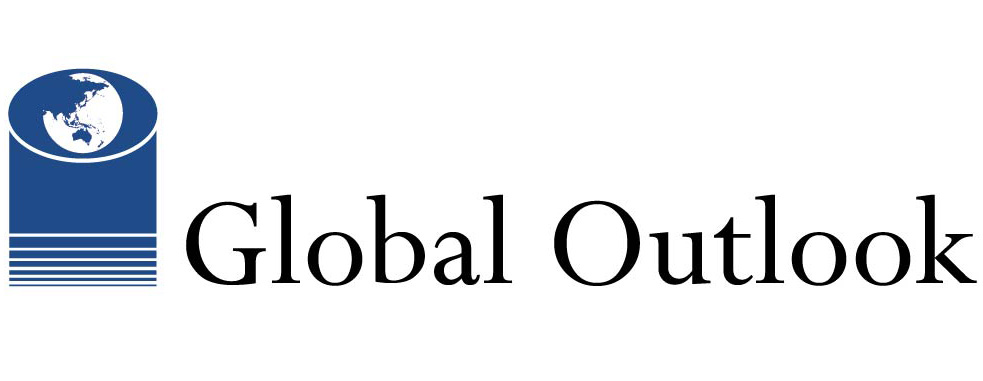
Curated expert opinion on intractable contemporary issues
A Loss and Damage Fund in the Pacific?
By Kate Higgins | 03 November, 2023
If funding for climate change loss and damage is to reach those most affected, the real climate change adaptation that is needed is to how climate finance is delivered.
PCC at COP28: Advocating for Phasing Out of Fossil Fuels, Funding for Loss and Damage, and Peace
By James Bhagwan | 01 November, 2023
For the Pacific Conference of Churches there are compelling reasons to attend COP28 in Dubai.
India's Balancing Act: 'Limited Liability Partnership'
By Herbert Wulf | 31 October, 2023
The Indian government has, in contrast to many governments of the Global South, assured Israel of its full solidarity following the Hamas terrorist attack. The reaction after the start of Russia's war against Ukraine was quite different. The history of India-Russia and India-Israel relations illustrates why.
COP28, Peace and the Pacific Islands
By Volker Boege | 30 October, 2023
An introduction to Toda Peace Institute's new Global Outlook series on COP28: hopes, expectations and reality.
Nuclear Disarmament and UN Reforms
By Ramesh Thakur | 19 October, 2023
It would be false to claim that a UN-negotiated treaty, following a UN-authorised process and conference, has no implications for the legality and legitimacy of nuclear-weapon possession and practices.
Scaling the Wall of Grief in Israel and Palestine
By Lisa Schirch | 17 October, 2023
Scaling the wall of grief requires us to understand history. Stories of the intertwined history of European Christians, Jews, and Palestinian Muslims and Christians are grappling hooks to help us begin to scale this wall.
The views and opinions expressed in Global Outlook are those of the authors and do not necessarily reflect the official policy or position of Toda Peace Institute.
